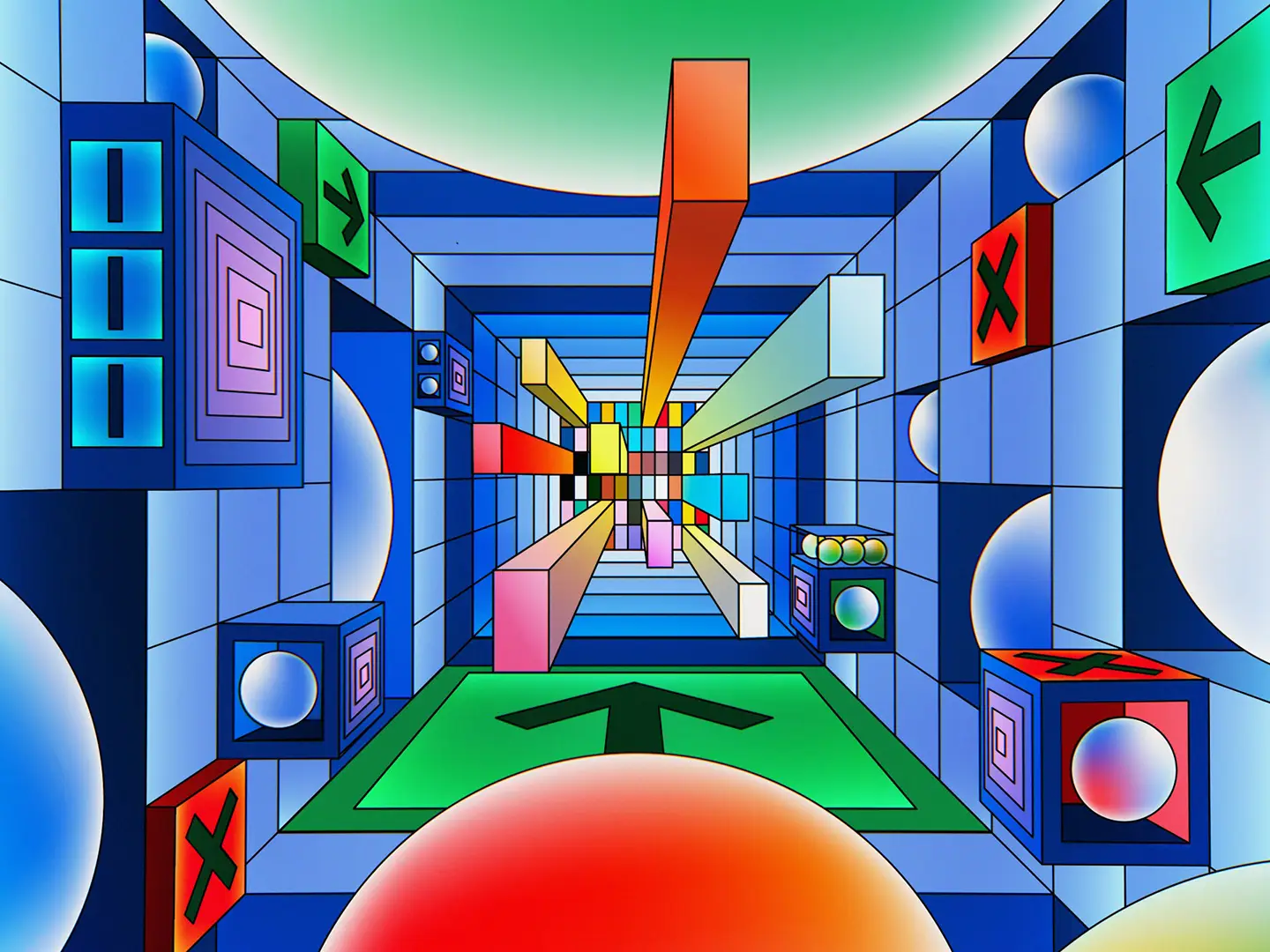
As a management consultant specializing in customer relationship strategies, I’ve observed a pivotal trend among successful organizations: they don’t just have CRM systems; they excel in using them. For mid-level managers striving to push their companies ahead of the competition, understanding the distinction between merely having a CRM and leveraging it effectively is crucial. This article delves into why a high-quality CRM system, coupled with proficient usage, is essential for enhancing customer retention and driving business growth.
A sophisticated CRM system is more than just a repository for customer data; it’s a tool that, when used correctly, transforms customer interactions into opportunities for growth. A good CRM system integrates seamlessly with other business processes, offers customizable features tailored to specific business needs, and provides actionable insights through advanced analytics. These capabilities enable you to understand customer behaviors and preferences in depth, allowing for targeted marketing strategies and personalized customer service that significantly boost customer satisfaction and retention.
Implementing a top-tier CRM system is only the first step. The real magic happens when managers and their teams master its use. Proficiency in CRM involves:
For mid-level managers, being adept at CRM use not only boosts your team’s performance but also positions you as a strategic leader within your organization.
In today’s market, personalization is not just a luxury—it’s an expectation. Customers gravitate towards businesses that recognize their individual needs and preferences. A quality CRM system provides the tools necessary to segment customers accurately and tailor interactions based on detailed customer profiles. This level of personalization enhances customer engagement and loyalty, significantly increasing the likelihood of retention and referrals.
Effective customer retention requires understanding the ‘why’ behind customer behaviors. Good CRM systems help pinpoint patterns in customer satisfaction, identify potential churn signals, and recognize opportunities to reward and retain loyal customers. By proactively managing these aspects, you can significantly reduce customer turnover and transform average customers into brand advocates.
Investing in CRM training and technology pays dividends. Retained customers often spend more over time and serve as brand ambassadors, bringing in new business at a lower cost than traditional marketing efforts. Furthermore, by using CRM data to make informed strategic decisions, you can align your business operations with customer needs, ensuring sustained growth.
For mid-level managers aiming to propel their companies forward, investing in a robust CRM system and developing CRM proficiency are non-negotiable. These elements are foundational to understanding and meeting customer expectations, enhancing loyalty, and driving business growth. In the competitive landscape of today, a strong command of CRM capabilities isn’t just an advantage—it’s essential for survival and success. Equip yourself and your team with the tools and skills needed to excel, and watch as your diligent efforts translate into measurable business achievements.


